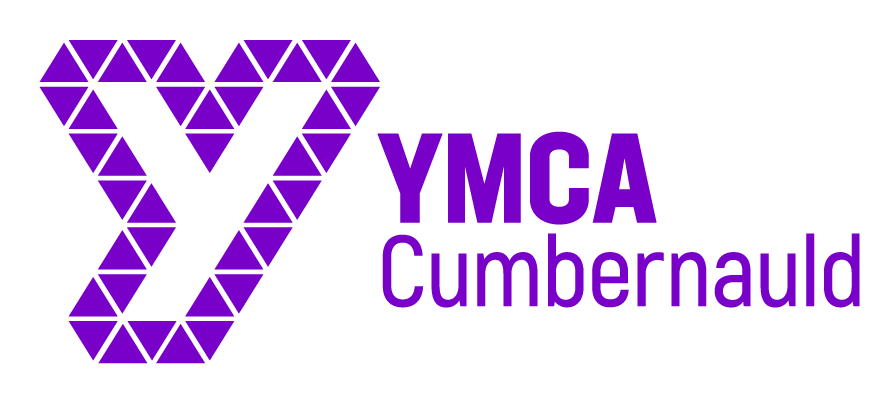





THE YMCA'S BEGINNING
George Williams is credited with the foundation of the YMCA movement
in London in 1844. George was a young man who had come to London
from Somerset to learn the drapery trade. Drapery companies employed
large numbers of young men and George Williams held prayer meetings
and Bible Studies in his lodgings involving a small group of other
young drapery assistants who, like himself, shared the Christian
faith.
It was not long before the group expanded, drawing to it young men who were single and lonely in the City of London. From this humble beginning it quickly grew and George Williams and his friends recognised that they should not just serve young Christians and offer them support, but they should work with all people and meet the needs of all those with whom they worked day by day.
The YWCA movement was founded in 1855 by two young women whose
developing groups came to work together. Miss Emma Roberts’
group
offered service with their prayers and the other under the
leadership of Mrs Anthea Kinnaird opened a hostel in London for
Florence Nightingale's nurses who were on route to and from the
Crimea.
Though from different origins the principles upon which the YMCA and
YWCA were founded remains the cornerstone of both movements today
although the work may have
developed in a variety of ways. Both remain Christian and Voluntary
organisations which have grown to achieve international standing
operating in over 120 countries world wide with membership in terms
of millions.
Cumbernauld YMCA-YWCA :
Cumbernauld YMCA-YWCA was established on 1st November 1960. It was the first community based organisation to be established in the new town. The 'Y' became a favourite venue for new residents with many lifelong friendships made. With the support of local volunteers it was soon providing much needed activities for families and their children. As the town expanded so did the Y by adapting its programmes and developing services to suit the ever changing needs of the growing community. The association has developed particular areas of expertise over the years and subsequently delivers services and programmes in areas other than Cumbernauld. The association has a strong track record in developing and sustaining innovative services that are open and inclusive to people of all faiths and of none. Programmes and services aim to facilitate and empower communities with members and users actively participating in all decision making processes relevant to their involvement.
Today Cumbernauld YMCA is known and recognised as an innovator and developmental community organisation providing quality programmes and services. This was recognised by Scottish Enterprise who awarded the organisation the 'Best Performing Social Enterprise Lanarkshire 2008'.
Christian Value Base:
The Association is committed to the Christian value base of
the YMCA with Board members and senior staff making a personal
commitment to
this.
"This Association is committed to empowering children, young people and families within our communities".
Core Values
Our core values of service intergrity, commitment, empowerment, compassion and openness, will be evident in the conduct and practice of all who work and volunteer for the Association.
Vision Statement
"Our vision is a comminity where everyone has the opportunity to achieve their potential, through the provision of our high quality services and programmes".
The Association is controlled by a voluntary Board of Management consisting of 3 Office Bearers and up to 12 members. Board members must accept the requirements of the association Affirmation.
Funding:
As a an unincorporated association with full charitable status in Scotland we must submit fully audited annual accounts to the Office of Scottish Charities Regulator (OSCR). All monies raised are used to maintain and develop programmes and services in line with the association mission statement.
Quality Control:
Individual
projects also meet the relevant Scottish Care Commission standards.
Quality and procedure manuals are in place for most aspects of activity to the standard necessary for BS 5750. We have not pursued the Investor In People Award since this duplicates much of what is covered by the awards already held. Investing in people is a central purpose of the Association and our training records far exceed the requirements of the IIP award.
The ' Y' over forty years . .